The recent proliferation of Cuban restaurants in New York City is both impressive and welcome.
Some years ago, if I said “Cuban cuisine” you probably would have thought “rice and beans.” Oh!, how things have changed.
Little by little the range of Cuban culinary options has been growing; not just in quantity of Cuban restaurants but in diversity within the Cuban cuisine category itself.
Cuban food in New York City has been evolving at a rapid pace.
Decades ago, you would find restaurants serving traditional Cuban food throughout the city with a concentration of these in the Upper West Side, Roosevelt Avenue, and Washington Heights.
Also common were the once ubiquitous Chino Cubano (Cuban Chinese) restaurants. Today, there is a lot more mixing of cultures.
This fusion is merely the continued natural evolution of Cuban Cuisine throughout its history.
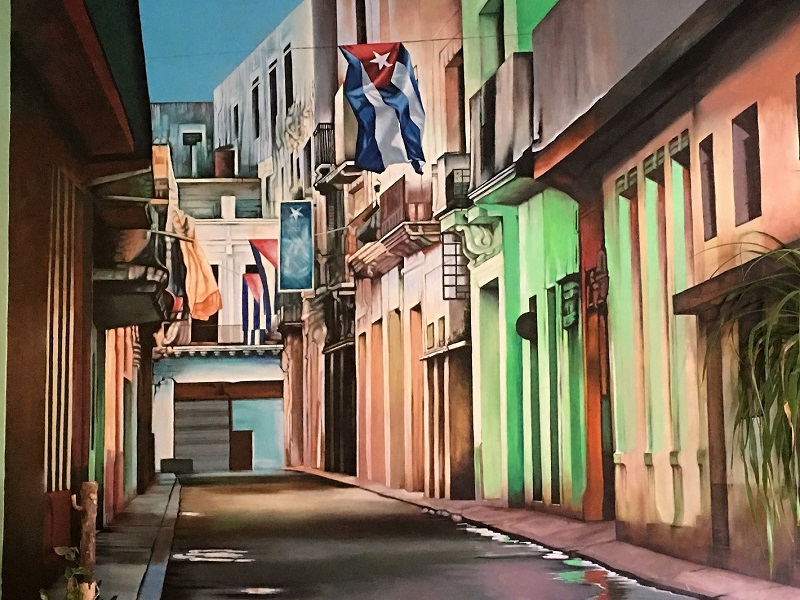
Table of Contents
ToggleTracing Cuba’s Culinary Influences. How Cuban Food Evolved
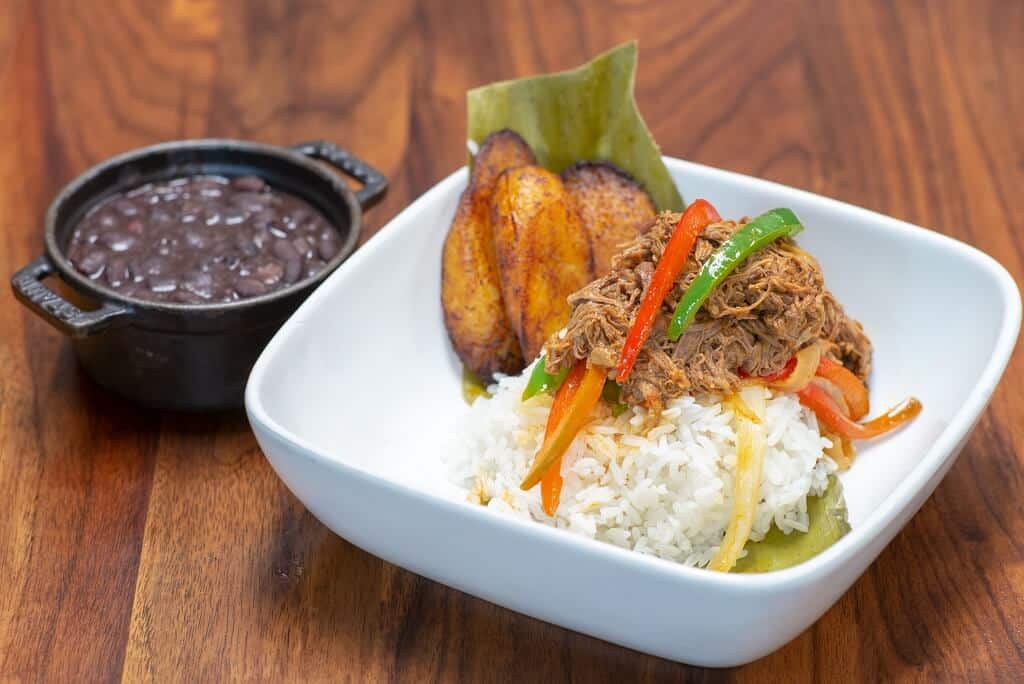
The influence doesn’t stop there. As we continue into the mid-1800s, we see over 150,000 Chinese contract workers arriving in Cuba to work the sugar plantations.
Many of these workers stayed, and with this immigration of Asians came an introduction of new ingredients.
Cuban Food and Restaurants in New York City With Chinese Flare
Chinese immigrants opened Cuban Chinese restaurants throughout Cuba that became very popular with locals.
Havana’s Chinatown was once the biggest and most vibrant in Latin America. We don’t really see these types of restaurants anymore in Cuba, as from 1959, these restaurateurs began leaving for the USA, mainly Miami and New York City.
You can still savor the Chinese Cuban restaurants in New York, though today they have upgraded and many refer to them as Chino Latino.
Cuban restaurants with Cuban and Chinese influences that have prospered despite changing neighborhoods are Flor de Mayo on the Upper West Side.
Cuban Cuisine Changes with the Locals
The ever-evolving demographics of NYC are reflected in the changing characteristics of Cuban cuisine.
In many restaurants, it’s now all about Cuban fusion: Cuban-Brazilian, Dominican-Cuban, Cuban-Mexican and any number of other combinations.
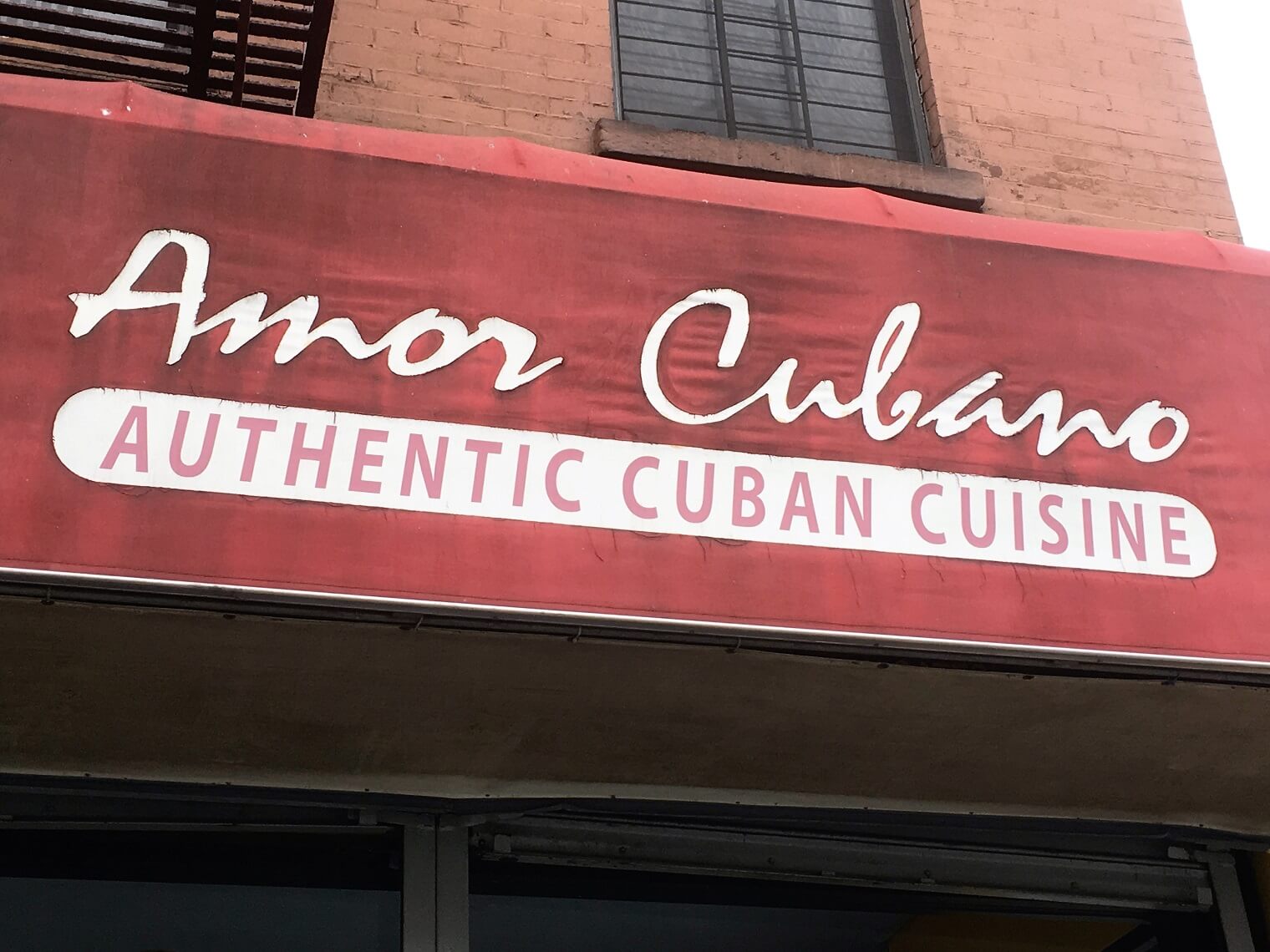
These shifting demographics have prompted some restaurants to tweak their menu by offering meals beyond the traditional fare.
“Although we pride ourselves on the authenticity of our food, we recognize the benefit of adjusting some of our offerings to appeal to the wider consumer base,” says the manager of Amor Cubano, a trendy Cuban restaurant on Manhattan’s Upper East Side.
Menu selections like Argentinian empanadas and Ecuadorian ceviche appeal to a wider spectrum of consumers.
Innovation in classic fare is also trending. The result is great traditional selections (think mojitos) made even better (think guava mojitos).
Where to stay in New York City, by neighborhood, based on what you want to see and do.
Victor’s Cafe. A Menu True To Cuban Roots
Victor’s Café has been one of the staple Cuban restaurants in NYC for almost 60 years.
Originally established on Columbus Avenue and 71st Street, this Cuban food heaven with live music moved to New York City’s Theater District in 1980.
Victor’s has a slightly different take on where the ever-evolving food of Cuba is heading.
On their website, it states: “The evolution of Cuban cuisine is our interpretation of what an upscale Cuban restaurant would be in Cuba if politics had not interfered with its growth.”
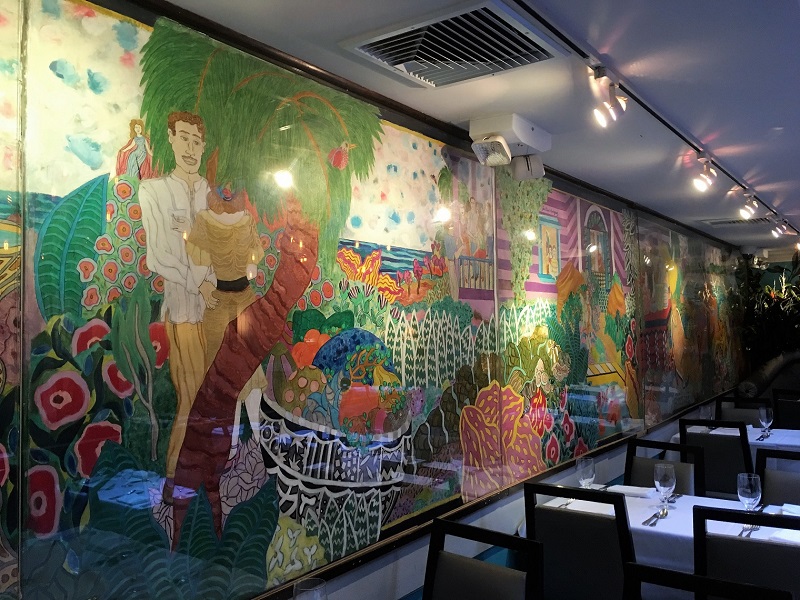
Photos via Victor’s Cafe
The menu remains true to its Cuban roots. New menu creations derive from already existing Cuban fare rather than borrowing from other cultures.
Examples include Bartolito, a flavorful concoction of sweet plantain, pork stuffing, black bean puree and goat cheese or Harina con Camarones, corn grits and shrimp in enchilada sauce.
Victor’s Café bucks the cultural trend, managing to remain conceptually fresh and consistently delicious.
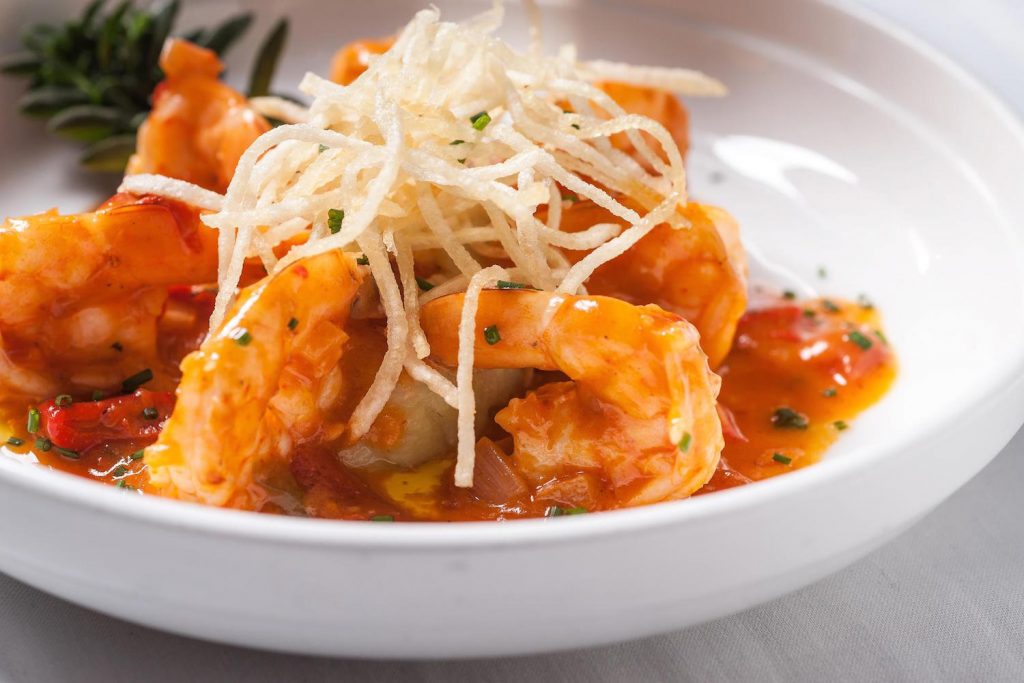
The New Wave of Cuban Restaurants in New York City
A group of inspired Cuban, Cuban-ISH and Cuban-inspired restaurants have hit the city in the past years and joined the city’s ranks of best ethnic restaurants in NYC, and if the food and ambiance are any indication, they’re here to stay.
Coppelia
At the juncture of three of Manhattan’s most dynamic neighborhoods, The Meatpacking District, Chelsea and Greenwich Village, sits Coppelia, a diner with a Cuban flair.
The restaurant is the brainchild of Cuban-born Beatriz de Armas. She named the restaurant after the cherished Coppelia ice cream of her childhood in Havana.
Also key to the restaurant’s success are restauranteur Luis Skibar and executive chef Julian Medina.
The restaurant serves both traditional Cuban food as well as other Latin- particularly Brazilian-inspired, delectable dishes.
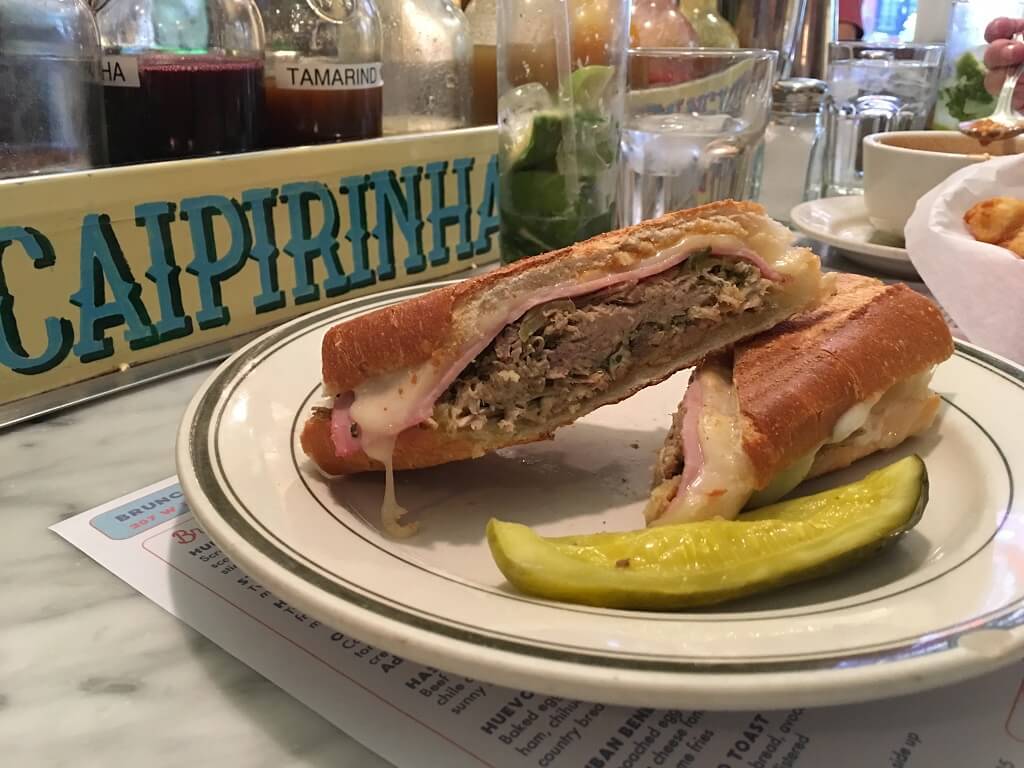
Established in 2011, Coppelia is a trendy hot spot open 24/7 and almost always packed, no matter what time you go. It’s been referred to as a mix between a Latin lunch counter and your favorite American diner.
That’s a pretty good description, only a bit more upscale.
Tico’s Cuban-American Restaurant
Tico’s Cuban‑American Cafetería in Brooklyn’s Bushwick neighborhood offers a bright, colorful setting with a warm, community-focused vibe.
Their signature Cubano sandwich—celebrated by the New York Times as one of NYC’s defining sandwiches—is juicy, crispy, and bursting with authentic flavor.
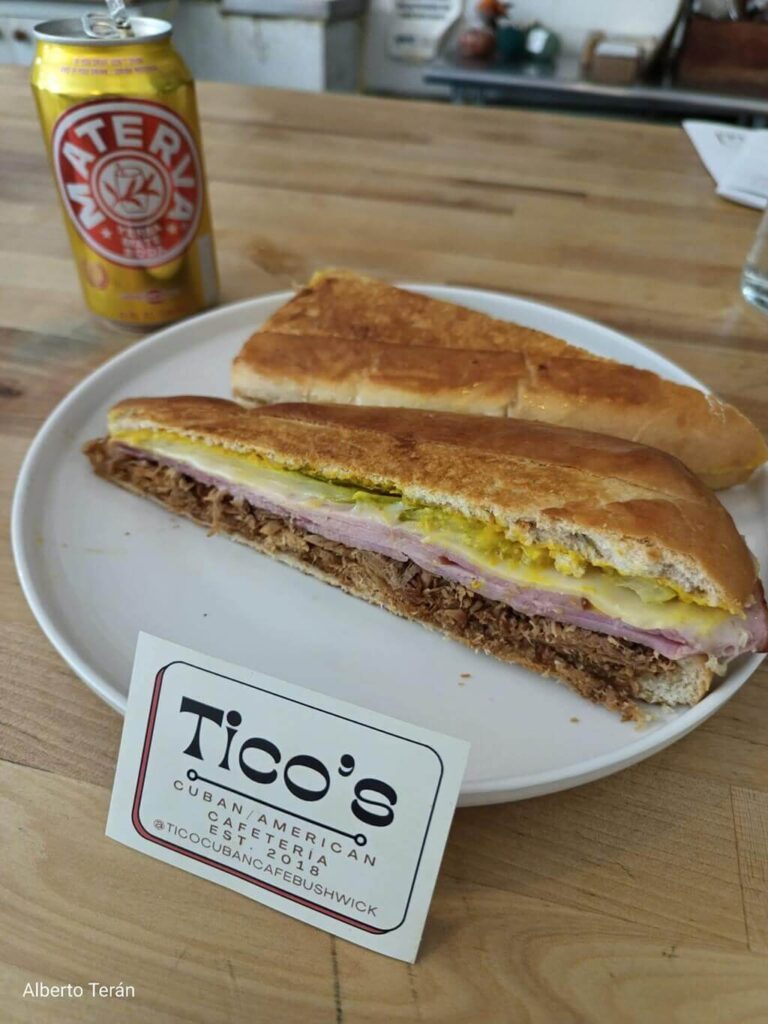
Other highlights include lechón (roast pork) with guava BBQ sauce, garlic chicken, garlic‑lime shrimp, empanadas (meat pies), yuca fries, or tostones (deep-fried green plantains). They even have vegan-friendly tofu bowls with mango salsa.
However, delectable these dishes are, the best is the guava and cheese pastry. It’s not your traditional pastry, this one is baked in a pie, and…OMG!… I’ve never tasted such an amazing, melt-in-your-mouth burst of flavor.
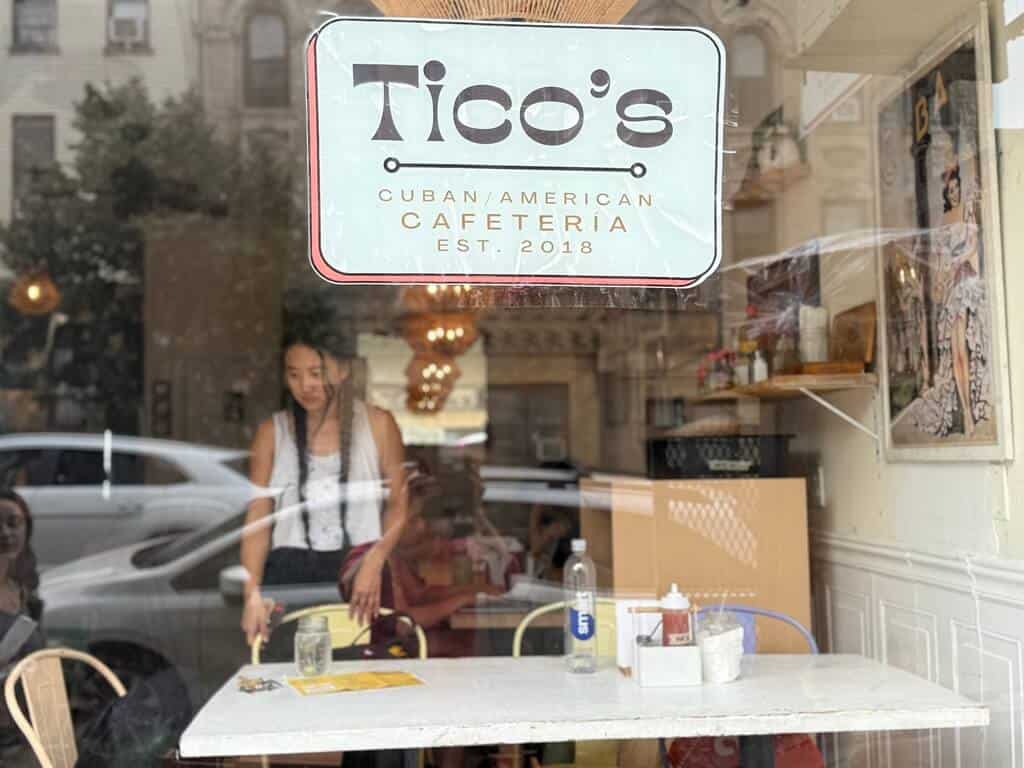
The friendly staff adds to the charm, making you feel like a neighbor on every visit. With most dishes in the $10‑$20 range and pastries around $3‑6, it’s a flavorful bargain for the delicious food and inviting ambience.
This is a hidden gem. Get there before it’s found!
Cuba Restaurant and Rum Bar
The group also oversees Cuba Restaurant and Rum Bar on Thompson Street in Greenwich Village. The name alone makes you want to go there. Cuba Restaurant and Rum Bar may be small in size, but it is huge in style and charm.
The place is decorated with Cuba-themed paraphernalia recreating a restaurant off some cobblestone side street in Old Havana.
For those who want their Cuban food straight, without any innovative, multi-ethnic flairs, Cuba Restaurant and Rum Bar is for you.
The food there is no-nonsense, stick-to-your-ribs, traditional Cuban comfort food.
The menu includes ropa vieja (shredded beef in a spicy tomato sauce), arroz con pollo (chicken and rice), camarones al ajillo (garlic shrimp), croquetas (croquettes), and, of course, the mother of all Cuban food, lechon con moro y yuca con mojo (roast pork with mixed back beans and rice and yuca- a starchy tuber- drizzled with garlic and oil).
Oh!… It doesn’t get more Cuban than this.
Cuba Restaurant and Rum Bar gets extra bonus points for their drinks like the classic mojito with its crisp, fresh ingredients. They also have live music on the weekends.
Calle Dao
Calle Dao – “Dao” (means knife in Chinese) – has taken the Cuban Chinese concept one step further.
It’s not a Chino-Latino restaurant in the traditional sense, it aims to recreate the Chinatown of pre-revolutionary Havana…only in midtown Manhattan. How cool is THAT??
The décor is Old Havana Chinatown in its heyday. An 1847 map of Old Havana covers one entire wall, glass cabinets hold jars of unidentifiable colored concoctions reminiscent of an ancient Chinese drugstore and faded Spanish and Chinese lettering are sprinkled on walls throughout.
It reminds you of a quirky restaurant next to the Old Havana docks that also serves great food.
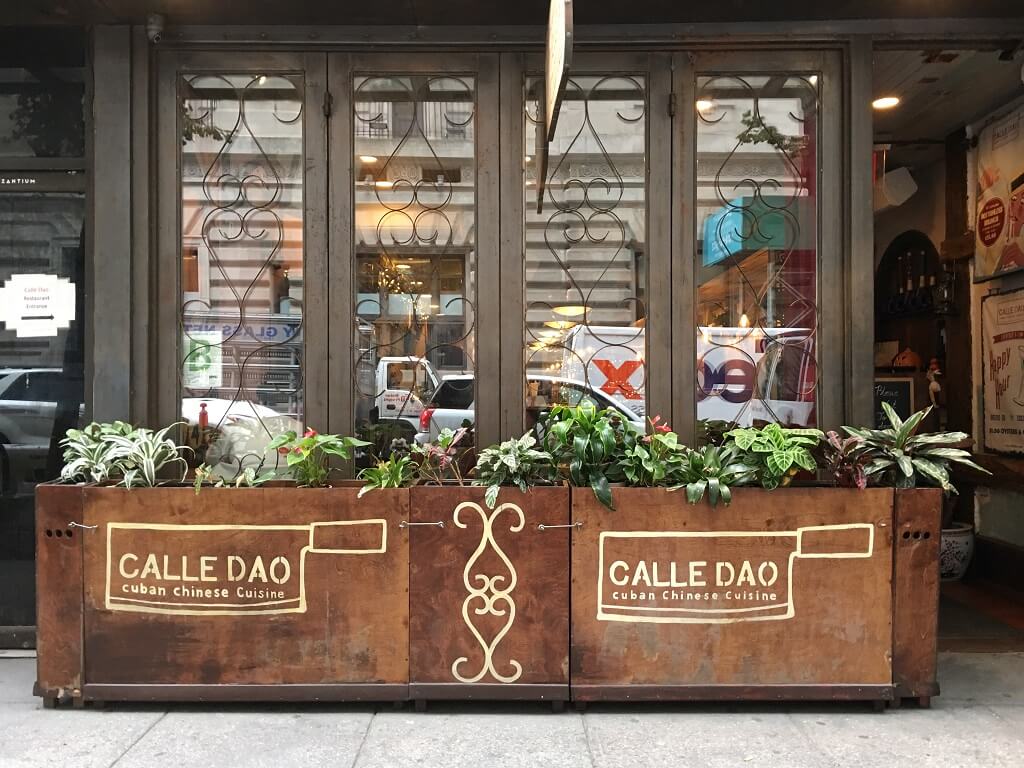
And talk about the food! If Old Havana’s Chinatown continued to flourish without interruption, Casa Dao is what it would have looked like.
The two culinary cultures, Cuban and Chinese blend seamlessly to elaborate fun and delicious creations.
Try 5 spice skirt steak with rice and beans and fried plantains, oxtail croquettes with hoisin sauce and lechon (roast pork) steamed bao buns.
The desserts are even more fanciful, like flan with crispy noodles.
If you ever regretted missing the Chinatown of Old Havana, you can still catch a glimpse of it in Calle Dao. These guys nailed it!
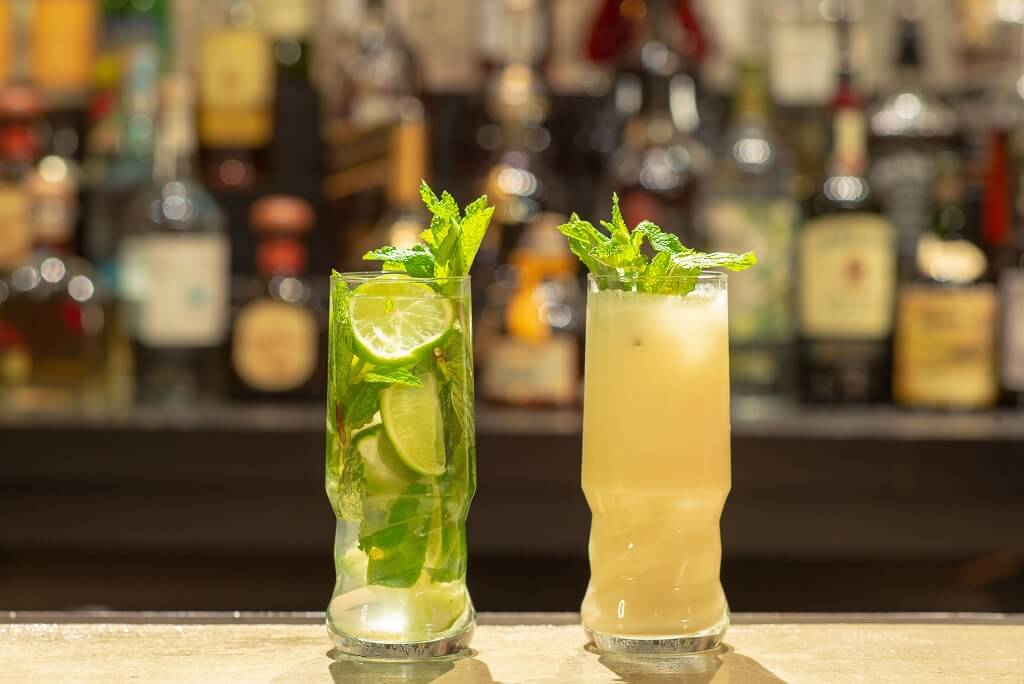
What Lies Ahead for Cuban Cuisine?
What lies ahead for Cuban cuisine? How will it continue to evolve? Only time will tell, but it will be interesting.
Where to go and what to do after a Broadway show.
Can’t get enough of Cuban food – outside Miami, that is. Check out these great cookbooks and learn how to make it yourself.
And if you’re going to Cuba and looking for places to eat, check out these unique Havana restaurants.
What’s your favorite Cuban dish? Let us know in the comments.
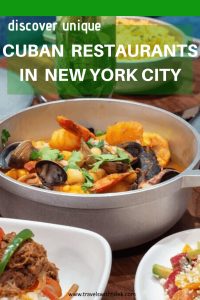

BTW, if you are getting ready for your trip, make sure to take advantage of these useful, money-saving links to book your trip:
- Research and book your flight with Skyscanner. I have found them to be the best because they list all airlines including the budget ones. You are always sure of having researched all options.
- For car rental around the world, Discover Cars has flexible pickup and drop-off options, I recommend Discover Cars.
- Book your accommodation with Booking.com. I find they have a wide selection and a nice, user-friendly, transparent website.
- Protect your trip and, more importantly, protect yourself with travel insurance. I use Travelinsurance.com and have been very happy with them.
- For more general tours to any destination or attraction, book with Viator. Check them out.
- Need a visa? Get your visa for all countries with Passport Visa Express.
- Looking for a cool walking tour to explore a city? My favorite walking tours are offered by Take Walks.
- Food and drink tours are the best way to enjoy a city. And Devour Tours are my favorite.
- Looking for a good VPN to protect your security, privacy and freedom online while traveling? Nordvpn is your best option.
- The best and most economical way to stay connected while traveling is with an Airalo eSIM.
I personally use, and can recommend, all the companies listed here and elsewhere on my blog. By booking through these sites, the small commission we earn – at no cost to you – helps us maintain this site so we can continue to offer our readers valuable travel tips and advice.



















